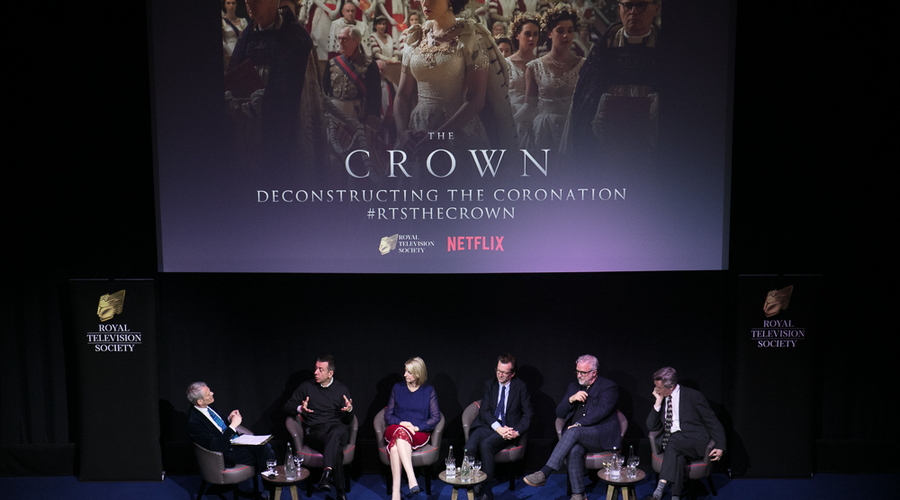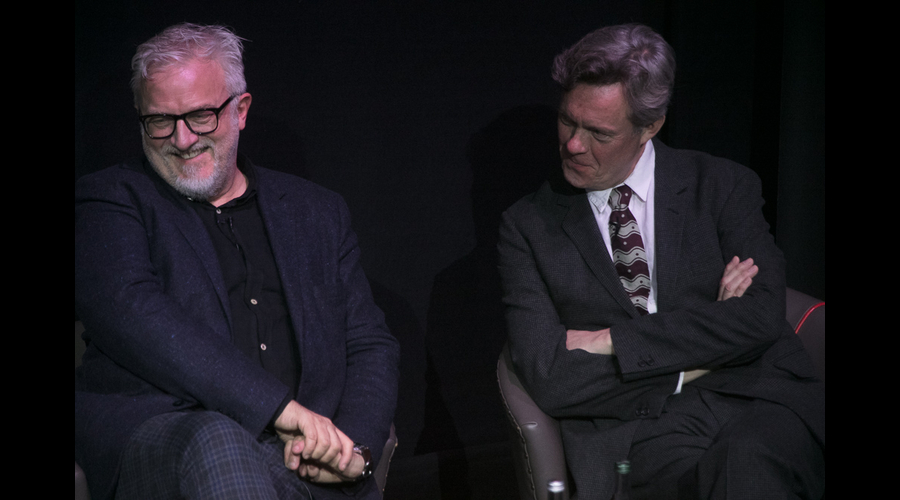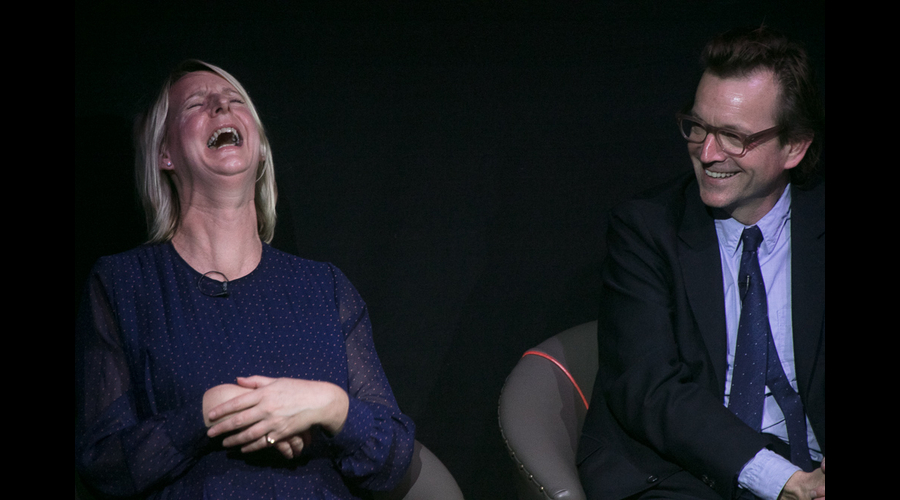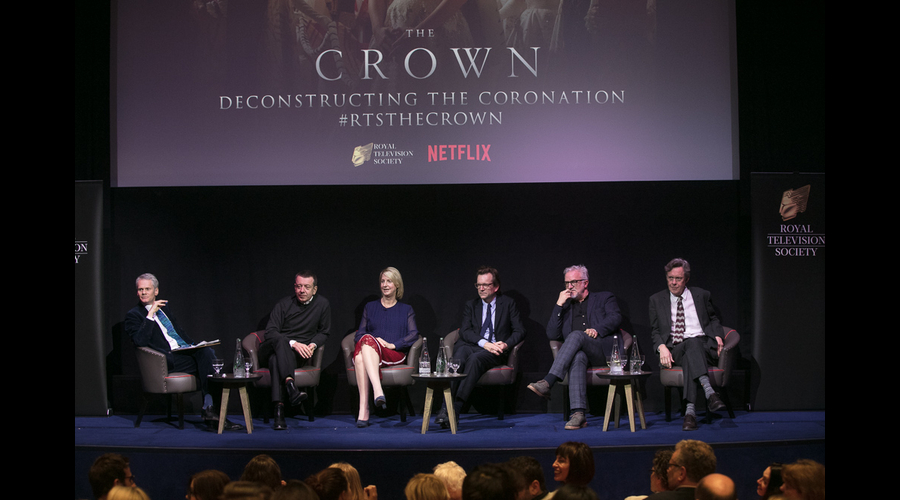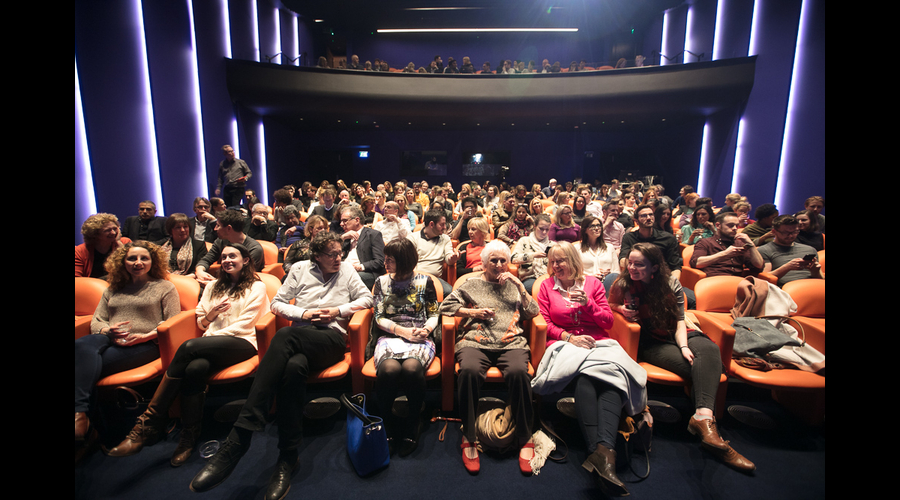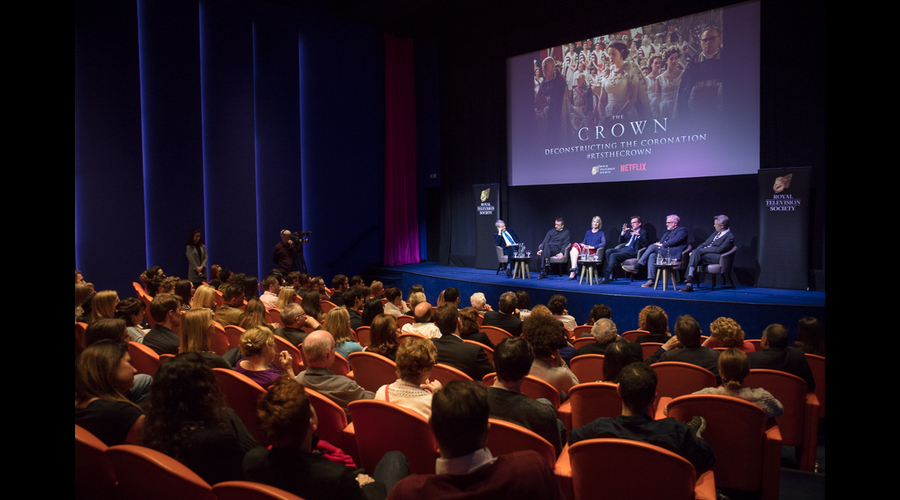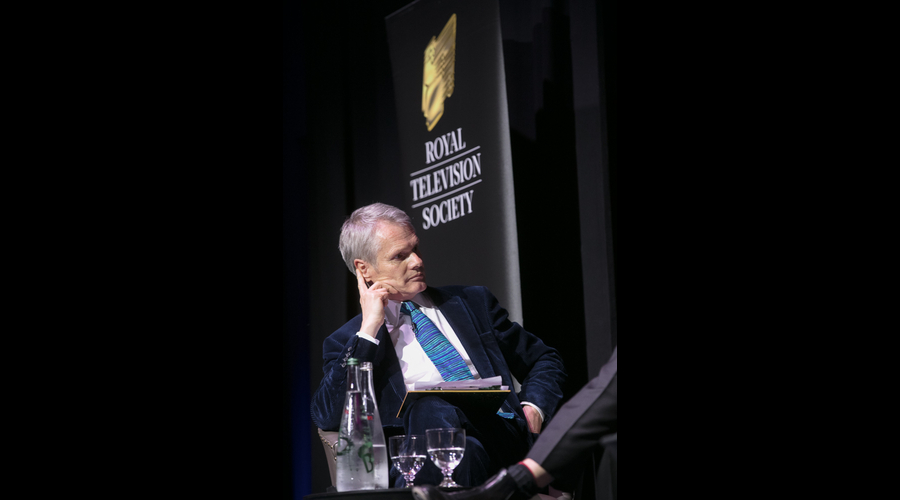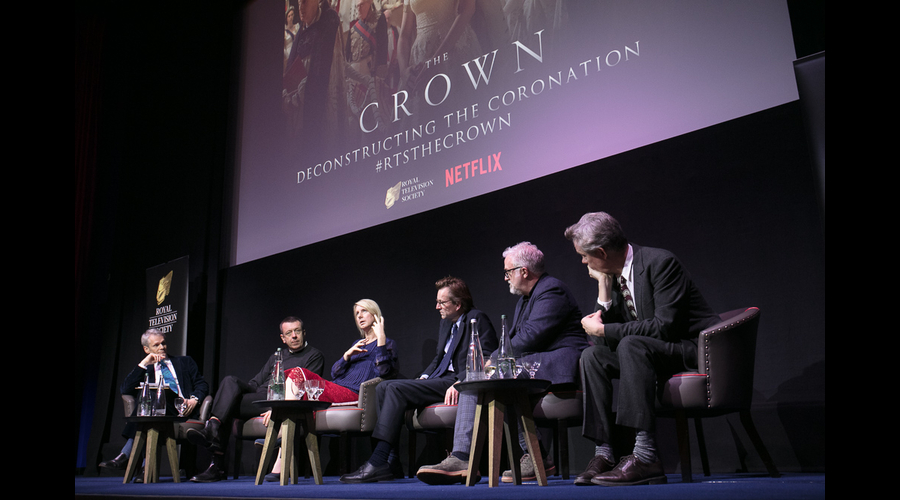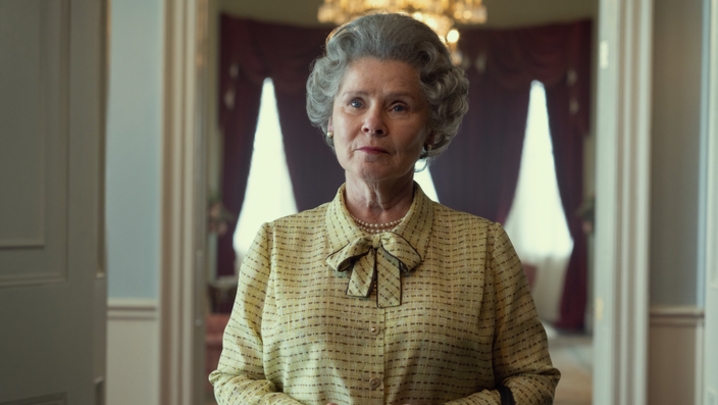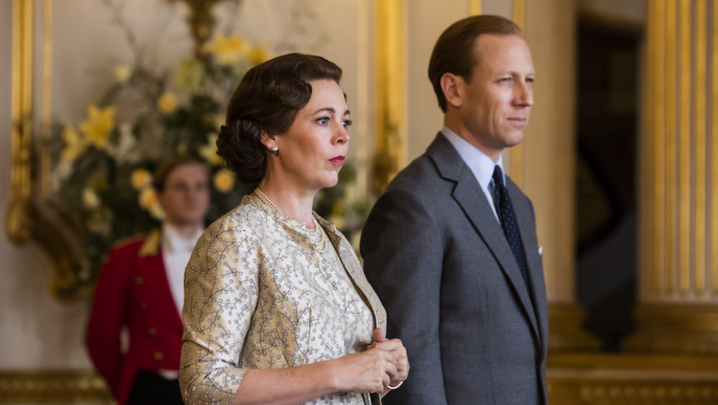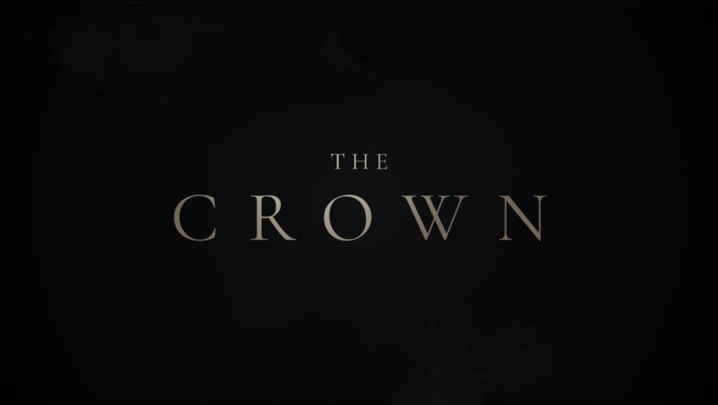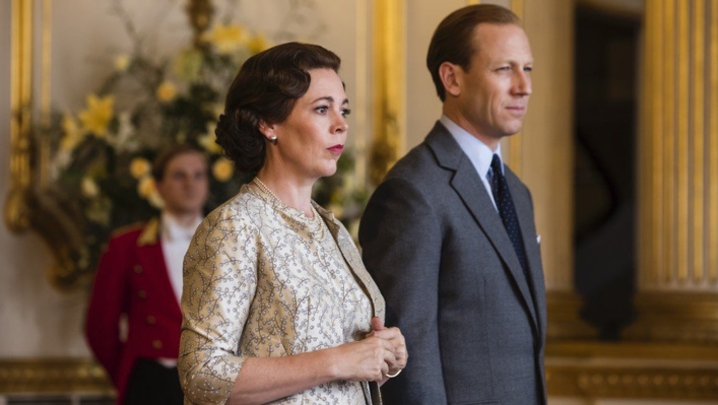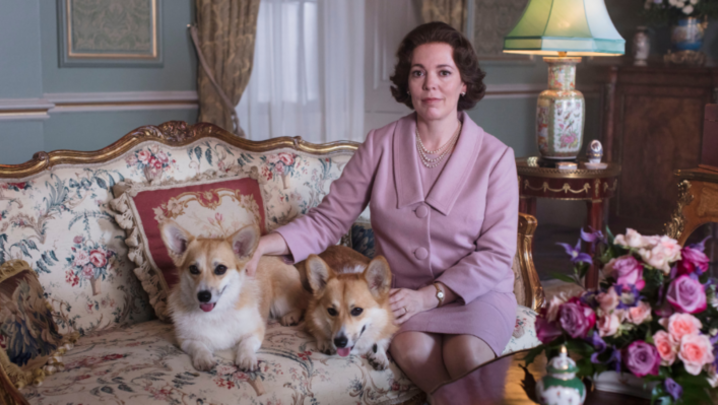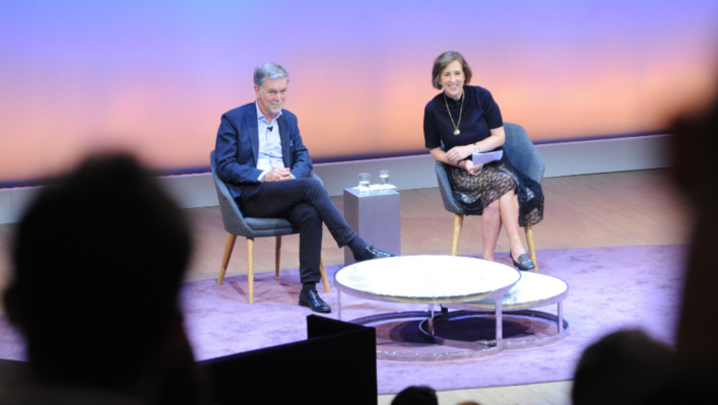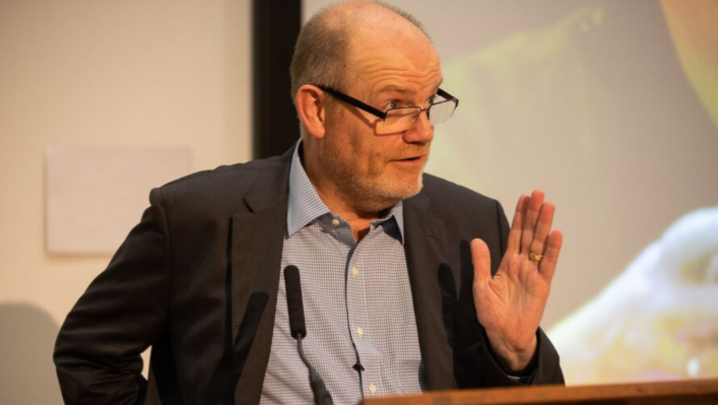Television and film are poised for a revolution due to the impact of international streaming services like Netflix and Amazon Prime.
This is according to the screenwriter behind The Crown, Peter Morgan, whose lavish retelling of the early years of the reign of Elizabeth II, commissioned by Netflix, has won widespread acclaim.
Morgan, speaking at an RTS early evening event, The Crown: Deconstructing The Coronation, predicted a paradigm shift as streaming, rather than broadcasting becomes the norm.
“It really isn’t like television anymore. It’s absolutely overwhelming. It’s partly the way in which we make it is not like television.
“And every time we get an opportunity to make it like television I keep saying ‘Please can we resist this…’”
He added: “I think it is a combination of facts – the way people want to watch, the fact that we’re slightly drifting away from cinema, the technology that people have means it’s so much more comfortable watching at home, controlling their own environment, watching when they want, how they want to.”
He forecast that The Crown was “only the first tiny step” on the road towards streaming Nirvana.
Jump forward five, ten, 15 or 20 years and it will be “absolutely normal” to have content on the scale and ambition of The Crown, made by Left Bank Pictures, which is owned by Sony.
Morgan suggested that by then most films and TV would be released simultaneously around the globe.
The Crown was made available in 190 countries at the same time despite most of these countries lacking high-speed broadband.
Once the technology was in place Morgan said streaming would “grow and grow.”
This had profound implications for content creators. Story telling will change as will the size and scope of TV productions.
Tent-pole movies like Bond and Star Wars would break out of the strait jacket of cinema screenings and become ten-hour epics.
“If you are opening simultaneously to 190 countries on the same day you don’t have a regional, national audience to address anymore. You’re talking about event television,” said Morgan.
The screenwriter, who’s created political drama for TV, film and the stage including The Deal about Tony Blair’s relationship with Gordon Brown, and Frost/Nixon, said that working for Netflix was “liberating.”
“We loved their boldness,” added Left Bank’s Suzanne Mackie, an executive producer on The Crown. “We probably thought that the BBC or ITV would be part of it.
“We didn’t know how it would be constructed. In the end what you want as a producer is to walk in and feel that whoever’s commissioning you shares your passion and vision. Netflix got it immediately. ”
She and the rest of the creative team behind The Crown were hugely impressed by how hands-off Netflix were.
Morgan explained that the timing of the project helped too: “We happened to walk into Netflix at the moment they were flushed with confidence having just made House Of Cards.
“They had a mandate to push internationally…Normally people are very cautious but Netflix weren’t.”
Morgan said it was an advantage that the subject matter was so English. As a result, Netflix didn’t feel they knew better.
“If we were writing about something that was set in their culture…We can just go all English on them (laughter) and they’ll just shut up.”
Morgan told the RTS how originally he’d conceived the story that became The Crown as a two-hour movie.
Having written The Audience, in which Helen Mirren played the Queen, for the theatre, he became intrigued by the relationship by the young monarch and her first Prime Minister, the elderly and ailing Winston Churchill. From there the idea took off and developed into the ambitious series that made its debut last November.
The producers are six months into filming the second series which will cover the Suez crisis, among other topics.
“We still have quite a long way to go,” noted Morgan.
The show aims to tell the complete story of Queen Elizabeth’s reign in 10-part series.
Please click here to watch the full video of the event.
The Crown, Deconstructing The Coronation was an RTS early evening event held at the Ham Yard hotel in Central London, March 14. The producer was Sally Doganis with support from Allie Elwell.
A full report will be published in the April edition of Television magazine.

